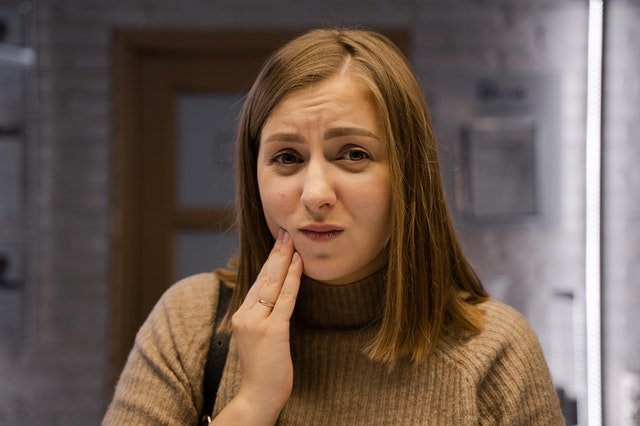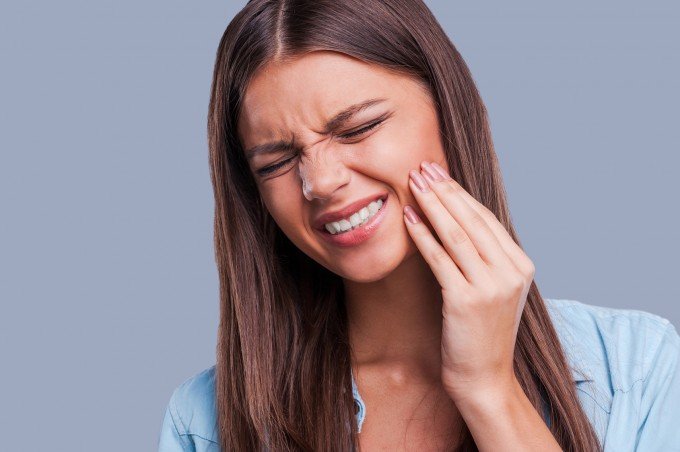Are you currently experiencing a dental emergency? If you are, you should call 587-410-5766, we will do our best to get you seen that day or the next. However, there are steps that you can use to try to lessen the severity of the emergency. You will still need to get to a dentist, as dental emergencies tend to only get worse without treatment.
How do I know I have a dental emergency?
Diagnosing dental issues from a patients perspective can be difficult. Most of the time symptoms are the same, puffiness, red/swollen gums, pain, sensitivity. The difference between a regular dental issue and an emergency relies on a few different factors:
- Severity – A broken tooth may not even hurt, but it is critically important to get repaired right away.
- Intensity – If the pain is considered extreme by the patient experiencing it, then it is most likely an emergency.
What to do for specific dental emergencies
There are actions you can take, depending on the emergency, to lessen the severity of the pain, while also lessening the impact.
Toothaches
If you do take pills, or your applying anything to the affected tooth, try to put the least amount of pressure that you can on it. The pain from the toothache will likely get worse with pressure, and if it is from a fracture you may hurt the tooth more.
- Over-the-counter (OTC) medication like Aspirin or Tylenol.
- OTC topical dental creams like benzocaine.
- Don’t consume hot or cold beverages or food.
- Try to eat only soft food and avoid chewing with that tooth.
- If your mouth is swollen use a cold compress in 10-minute sessions.
Before taking ANY medication, you should always consult with your doctor or dentist before doing so, this advice is general advice that may not be applicable to your situation.
Chipped, fractured, broken teeth, knocked out teeth (avulsion)
A fracture in your tooth may not cause any pain, it might not even seem like there is a problem, but if the enamel is compromised, you could risk infection or further breakage.
- Save any pieces of the tooth if they are large enough
- Place the saved teeth in liquid (water or milk) to stop them from drying out
- Use gauze to stop the bleeding and to cover the wound from infection.
- Apply a cold compress to the side of the mouth.
- Avoid using that tooth for chewing.
- Use OTC medication for pain.
Lost crown or filling
A dental crown may be more severe than a filling since a crown can be used to hold together a compromised tooth, but if either one is lost it is imperative to get them replaced immediately.
- If a crown or filling was covering a cavity, lightly press sugar-free gum onto the cavity to prevent exposure.
- Avoid chewing with the tooth that lost the crown or filling.
- Avoid consuming food or beverages that are hard, or an extreme temperature.
Dental abscess
This is an extreme emergency, see a dentist immediately.

How to prevent dental emergencies
Some times an emergency can’t be prevented, but you can implement safety measures to help lessen the chance of having an emergency.
- Better dental care – Issues like decay and infection are often the result of poor dental care, improving your dental hygiene will help prevent these issues.
- Wear protection – Using a mouth guard for physical or dangerous activity can help prevent injury from trauma.
- Eat a balanced diet – Try eating less sugary or acidic foods.
- Use fluoride products – Check to see if your local government has fluoride in the drinking water, if it doesn’t you may want to consider fluoride-added dental products. Check with your dentist first, as you can have too much fluoride, and also remember to never swallow toothpaste or mouthwash.
- Get regular dental checkups – Your dentist can identify early warning signs of infection and other issues much better than you can. They can also identify poor habits due to how clean your teeth are.

